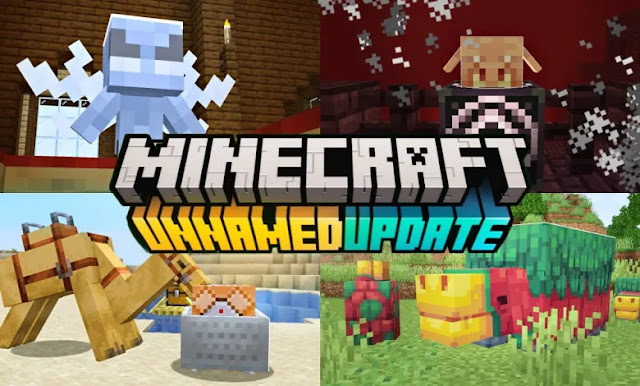top 10 Social Networking Alternatives to Facebook
Facebook has been the dominant player in the social networking space for over a decade, but as concerns about privacy and data collection continue to grow, many users are looking for alternatives. In this post, we will take a look at the top 10 social networking alternatives to Facebook.
Mastodon is a decentralized, open-source social network that prioritizes user privacy and control over data. It operates on a network of independently-run servers, and users can join any server they choose, or even run their own. Mastodon has a similar look and feel to Twitter, with a timeline of short posts called "toots" and the ability to follow and interact with users across servers.
MeWe is a newer social network that markets itself as the "anti-Facebook" and emphasizes user privacy and control over data. The platform has a similar layout to Facebook, with a news feed, groups, and personal profiles. MeWe also offers end-to-end encryption for private messaging and a "Privacy Bill of Rights" for users.
Diaspora is another decentralized, open-source social network that allows users to run their own servers and choose which data they want to share. The platform has a similar layout to Facebook, with a news feed, groups, and personal profiles. Diaspora also offers end-to-end encryption for private messaging and a focus on user privacy.
Ello is a minimalist social network that positions itself as a "simple, beautiful, and ad-free" alternative to Facebook. The platform has a clean and simple layout, with a focus on creative expression through art and design. Ello also has a strict no-data-selling policy, which means that user data is never shared with third parties.
Vero is a newer social network that markets itself as a "true social" platform, with a focus on connecting users with people they know and trust. The platform has a similar layout to Instagram, with a feed of posts and the ability to follow users. Vero also has a "no algorithm" policy, meaning that posts are shown in chronological order and not based on engagement.
Minds is an open-source social network that emphasizes user freedom of speech and privacy. The platform has a similar layout to Facebook, with a news feed, groups, and personal profiles. Minds also has a built-in cryptocurrency system, which allows users to earn tokens for creating and engaging with content.
Nextdoor is a social network that connects users with their neighbors, allowing them to share information about local events, services, and lost pets. It's a great option for people looking to connect with their local community and get to know their neighbors.
Gab is a social network that markets itself as a free speech alternative to Facebook. Gab allows users to post whatever they want, without censorship or moderation, as long as it's legal. The platform has a similar layout to Twitter, with a feed of short posts and the ability to follow and interact with other users.
Signal is a social network that focuses on private messaging and communication. The platform is end-to-end encrypted, which means that only the sender and the recipient can read the messages. Signal also offers a feature that allows users to create groups and invite friends to join, making it a great option for people looking for a private, secure way to communicate with a smaller group of friends or family.
Telegram is a social network that also focuses on private messaging and communication. It's similar to Signal in that it offers end-to-end encryption for private messaging, but it also has a wider range of features, including the ability to create large groups (up to 200,000 members), channels for broadcasting messages to an unlimited number of subscribers, and a built-in file sharing feature. Telegram is also available on multiple platforms, including iOS, Android, and web, making it easy for users to stay connected on the go.
In conclusion, there are many social networking alternatives to Facebook that offer a different approach and set of features. Some prioritize user privacy and control over data, others focus on specific communities or interests, and others emphasize different communication options. Some of them are decentralized, open-source and others, like Telegram, are centralized and closed-source. It's important to find the one that best suits your needs and preferences. It's always a good idea to try out a few different platforms to see which one feels the most comfortable and enjoyable to use.







